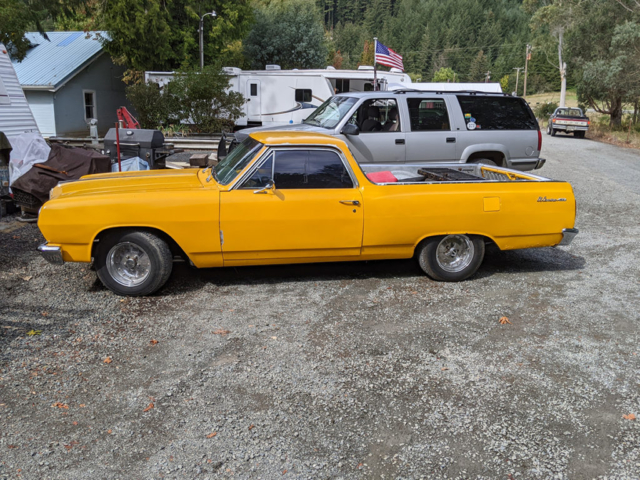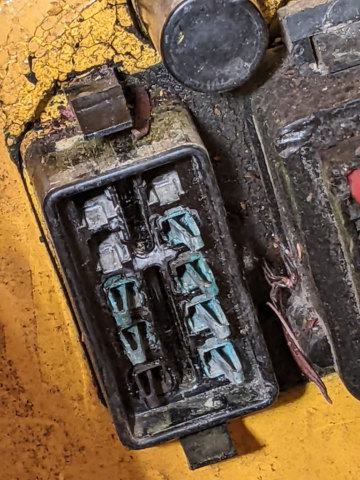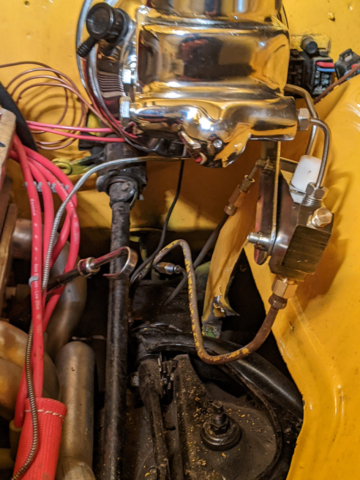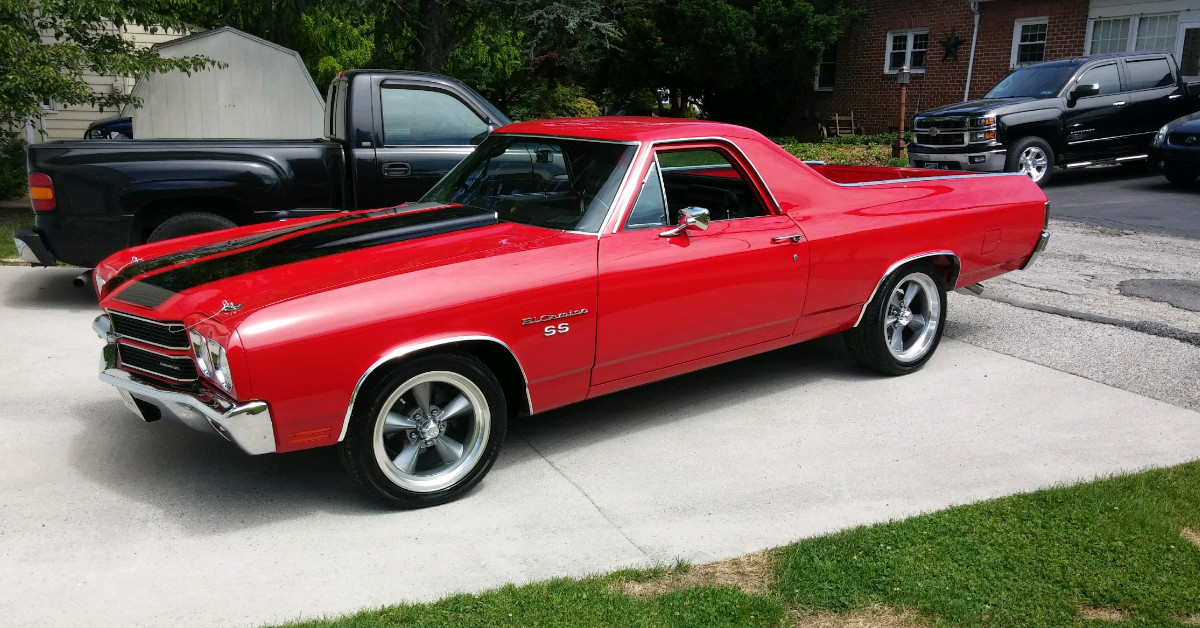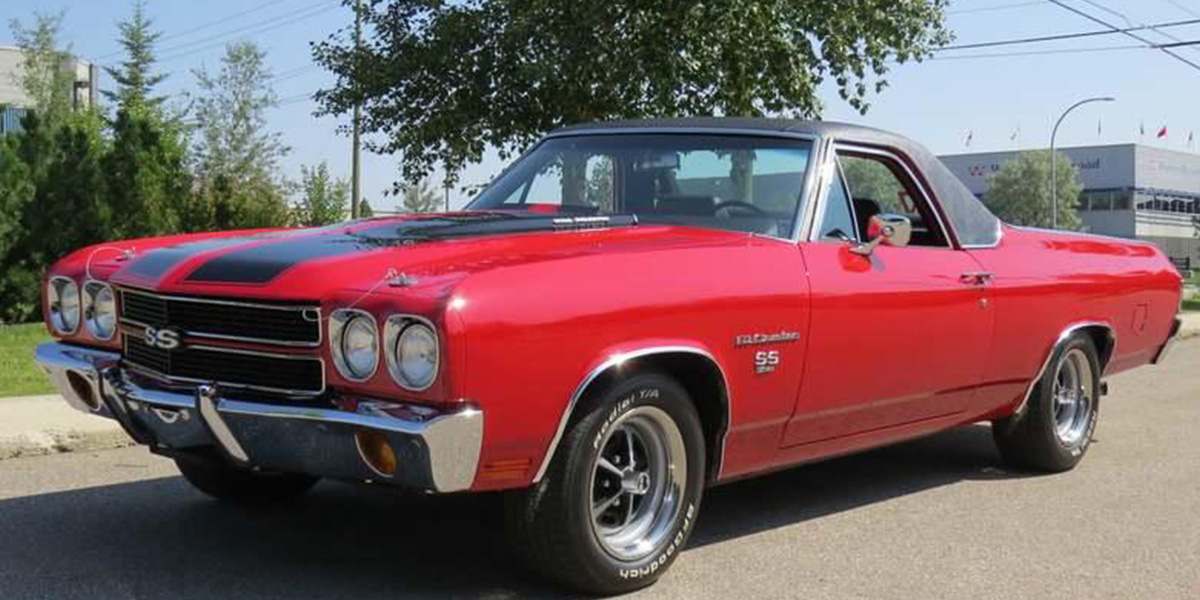Brian’s cousin bought a 1965 El Camino with the intention of flipping it, but then he decided he wanted to keep and drive it. This decision led to unexpected expenses. Since he didn’t have a place to work on it, and he needed to upgrade the power brakes and install disc brakes, upper and lower ball joints, and tie rods. Brian had to inform his cousin that this was most likely a project better suited for a high school auto shop.
However, his cousin insisted that Brian find and fix all the issues. Little did Brian know what he was getting into. Some parts didn’t fit, so he had to reorder and also search for other items from places like Holley, Speedway, Jegs, Summit Racing, and SS396.com. His cousin, who lacks patience and mechanical know-how, didn’t fully understand the process of acquiring the necessary parts and dealing with fitting issues. Frustrated, Brian had to order more parts, which took time.
At one point, his cousin informed him that he didn’t want to invest any more money into the project and decided to give the 1965 El Camino to Brian, sending him the title. Now the 1965 El Camino is in Brian’s possession.
He is currently working on it in a friend’s front yard in Bridge, Oregon, using a temporary garage from Harbor Freight and battling the challenging weather conditions. The wiring in the car is corroded, giving it a greenish appearance as if it had been submerged underwater.
Despite the obstacles, Brian persists. Recently, he discovered debris in the carburetor float bowl, requiring him to clean the Holley carburetor once again and remove the blockage. He has also experienced instances of gas theft from the tank and tools mysteriously disappearing.
However, having a place to work on the 1965 El Camino is a silver lining, even though frustrations continue to arise. Meanwhile, he is still dealing with engine-related issues. The engine was built in a shop, incorporating an Eagle balanced bottom end with rods, mains, and pistons. The heads are 202 camelbacks with hardened exhaust seats to handle the high octane fuel. Additional modifications include a gear drive, roller rockers, an Edelbrock Performer intake manifold, and Hooker headers with 3″ inlets and outlets, connected to Thrush glass packs and 3″ tailpipes.
One interesting detail about the 1965 El Camino is that it supposedly had a caterpillar yellow paint job. Notably, a model kit of a yellow 1965 Chevrolet El Camino can be found as well. Brian is determined to keep the El Camino, and he is currently searching for a set of 396 heads and a 454 block or a 409, although the current engine is a small-block Chevy 350.

